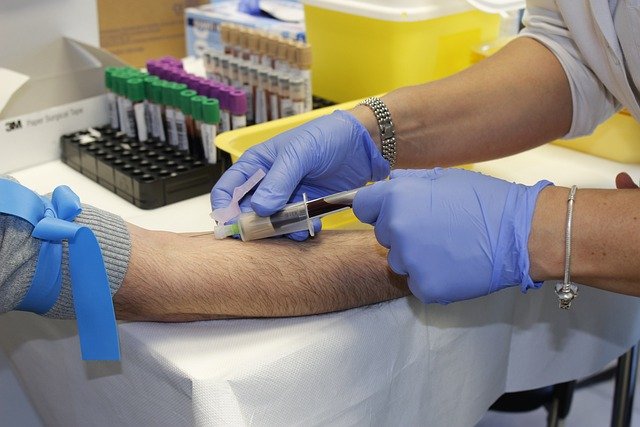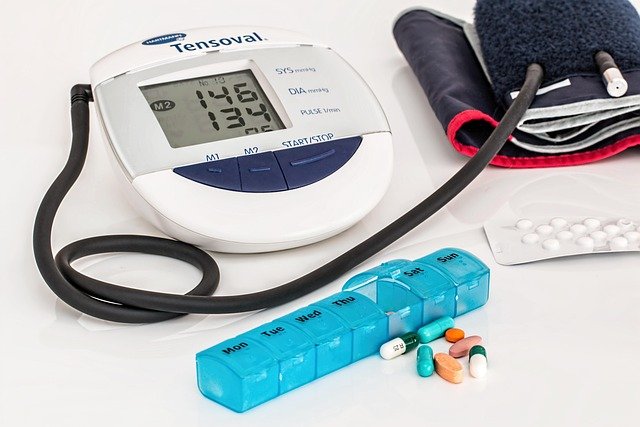Understanding Heart Disease Treatment: Recognizing Symptoms and Management Options
Heart disease remains a leading cause of mortality worldwide, making early detection and proper treatment crucial for improving outcomes. This article explores key symptoms associated with heart failure, a common form of heart disease, and discusses available treatment options and management approaches.

What is shortness of breath and how does it relate to heart failure?
Shortness of breath, also known as dyspnea, is a common symptom of heart failure. When the heart struggles to pump blood efficiently, fluid can accumulate in the lungs, making it difficult to breathe. This symptom often worsens during physical activity or when lying down. Patients may experience a feeling of breathlessness, wheezing, or the need to prop themselves up with pillows while sleeping to breathe more comfortably.
Understanding the connection between shortness of breath and heart failure is crucial for early diagnosis. If you experience persistent breathlessness, especially during activities that were previously manageable, it’s essential to consult a healthcare professional for a thorough evaluation.
How does fatigue and lethargy manifest in heart failure patients?
Fatigue and lethargy are prevalent symptoms in heart failure patients. As the heart’s pumping efficiency decreases, it struggles to supply adequate oxygen and nutrients to the body’s tissues. This results in a persistent feeling of tiredness, weakness, and a lack of energy, even after rest or sleep.
Heart failure patients may find themselves unable to perform routine tasks without becoming exhausted. Simple activities like climbing stairs, carrying groceries, or even getting dressed can leave them feeling drained. This chronic fatigue can significantly impact a person’s quality of life and daily functioning.
Why is monitoring swelling in extremities important for heart failure?
Swelling in the extremities, particularly in the ankles, feet, and legs, is a critical sign of heart failure that requires close monitoring. This swelling, known as edema, occurs when the weakened heart cannot pump blood effectively, leading to fluid buildup in the body’s tissues.
Regular monitoring of swelling is essential because it can indicate worsening heart function or the need for adjustments in treatment. Patients should watch for:
-
Increased shoe tightness
-
Difficulty putting on socks or shoes
-
Swelling that leaves indentations when pressed (pitting edema)
-
Rapid weight gain due to fluid retention
Healthcare providers often advise patients to weigh themselves daily and report any sudden increases, as this could signify fluid accumulation requiring prompt medical attention.
How can recognizing an irregular heartbeat help in identifying heart failure?
An irregular heartbeat, or arrhythmia, can be both a cause and a consequence of heart failure. Recognizing changes in heart rhythm is crucial for early detection and management of heart problems. Common signs of an irregular heartbeat include:
-
Palpitations or a fluttering sensation in the chest
-
Feeling like your heart is racing or skipping beats
-
Dizziness or lightheadedness
-
Shortness of breath
-
Chest discomfort
Patients who notice these symptoms should seek medical evaluation promptly. Healthcare providers may use various diagnostic tools, such as electrocardiograms (ECGs) or Holter monitors, to detect and characterize arrhythmias. Identifying and treating irregular heartbeats can help prevent further cardiac damage and improve overall heart function.
Available Treatment Options and Management Approaches
Heart failure treatment aims to improve quality of life, reduce symptoms, and slow disease progression. Management typically involves a combination of lifestyle changes, medications, and in some cases, medical procedures or devices.
Lifestyle modifications:
-
Following a heart-healthy diet low in sodium and saturated fats
-
Engaging in regular, moderate exercise as recommended by a healthcare provider
-
Quitting smoking and limiting alcohol consumption
-
Managing stress through relaxation techniques or counseling
Medications:
-
ACE inhibitors or ARBs to reduce blood pressure and workload on the heart
-
Beta-blockers to slow heart rate and reduce strain on the heart
-
Diuretics to remove excess fluid from the body
-
Aldosterone antagonists to help the body eliminate sodium and water
-
Digoxin to strengthen heart contractions and slow heart rate
Advanced treatments:
-
Implantable cardioverter-defibrillators (ICDs) to monitor and correct dangerous arrhythmias
-
Cardiac resynchronization therapy (CRT) devices to coordinate heart contractions
-
Left ventricular assist devices (LVADs) to help the heart pump blood more effectively
-
Heart transplantation for severe cases unresponsive to other treatments
Management of heart failure requires ongoing collaboration between patients and healthcare providers. Regular follow-ups, medication adjustments, and lifestyle adherence are crucial for optimal outcomes. With proper treatment and management, many heart failure patients can lead fulfilling lives and maintain improved heart function.
This article is for informational purposes only and should not be considered medical advice. Please consult a qualified healthcare professional for personalized guidance and treatment.




